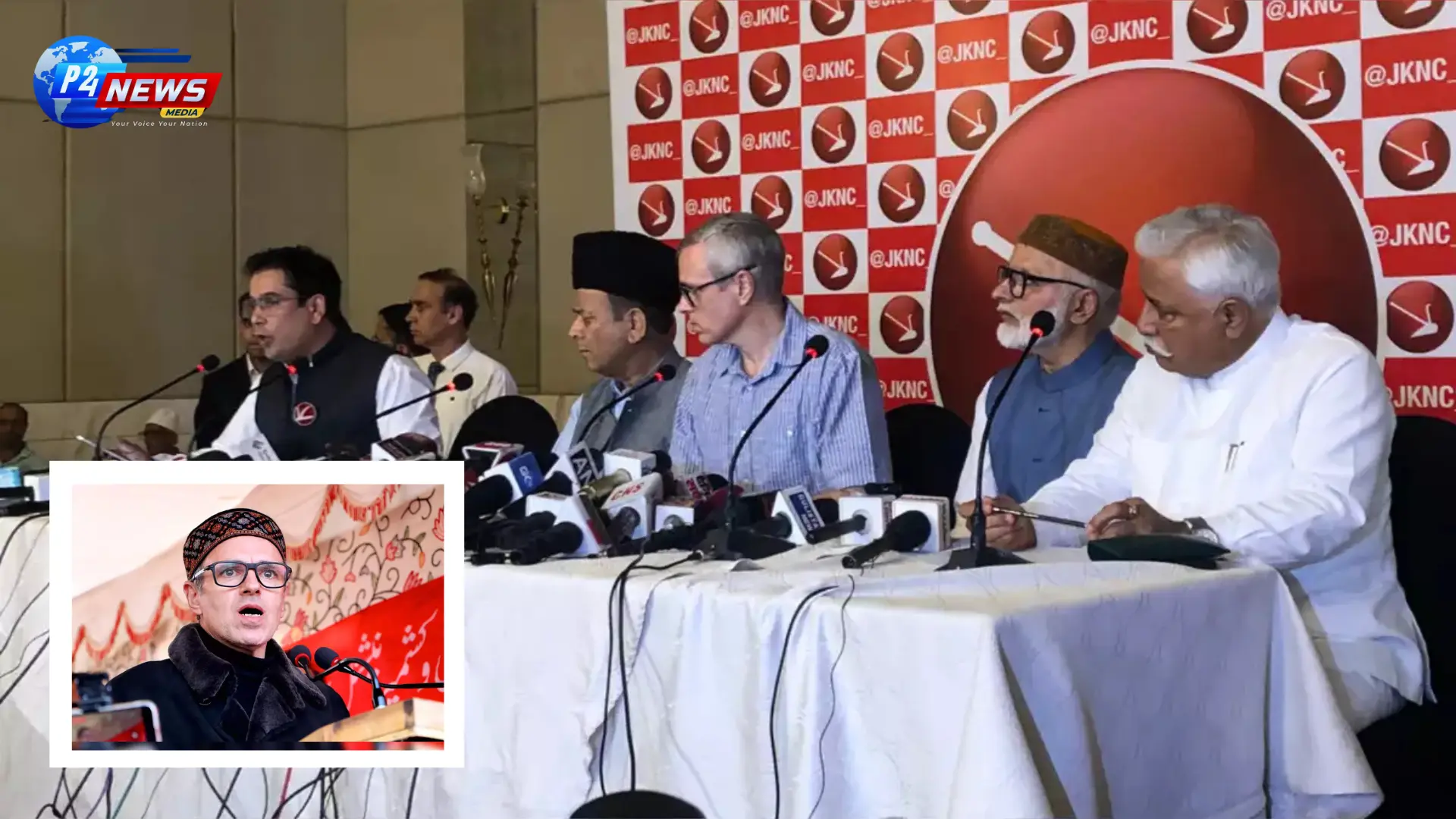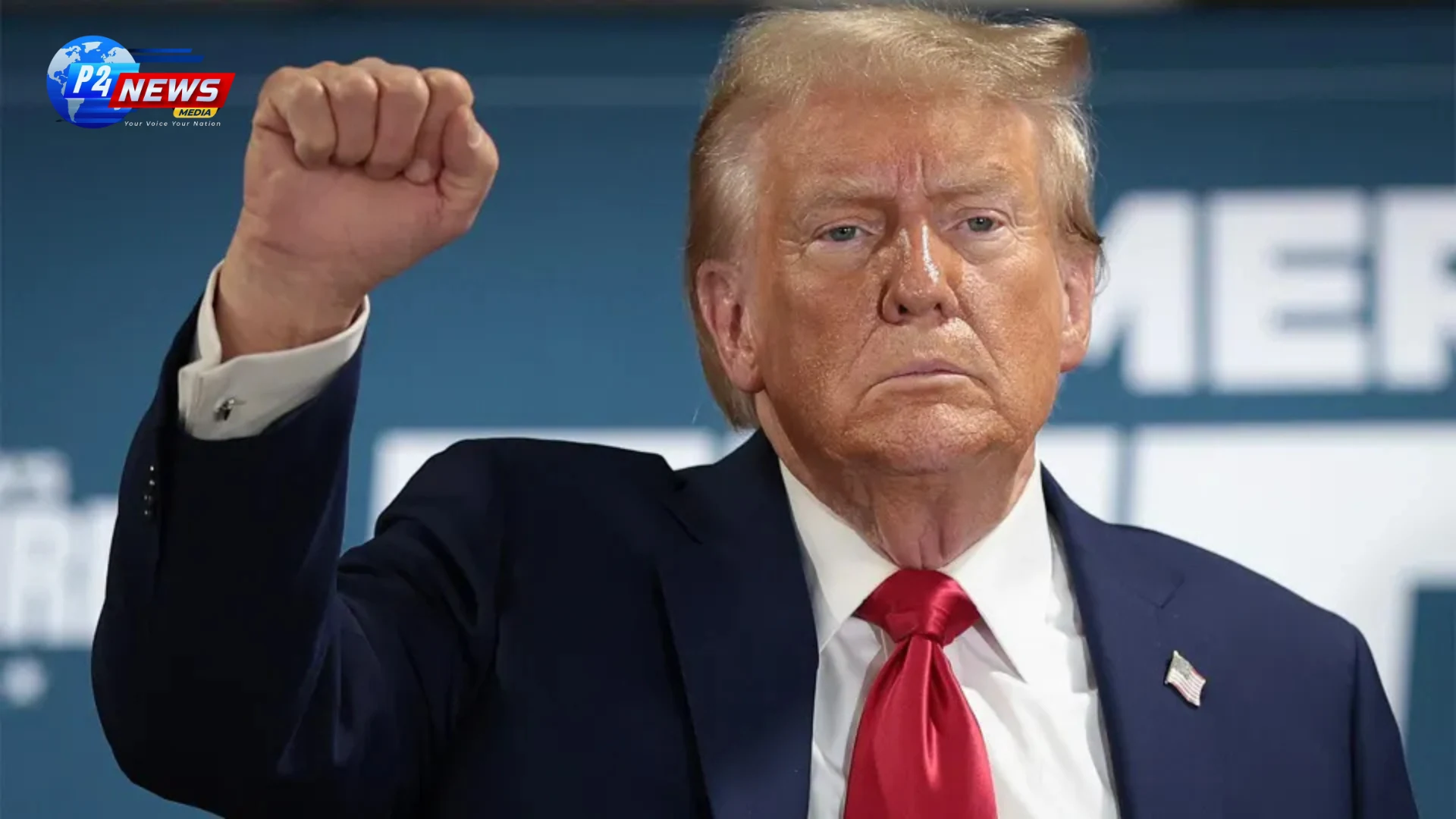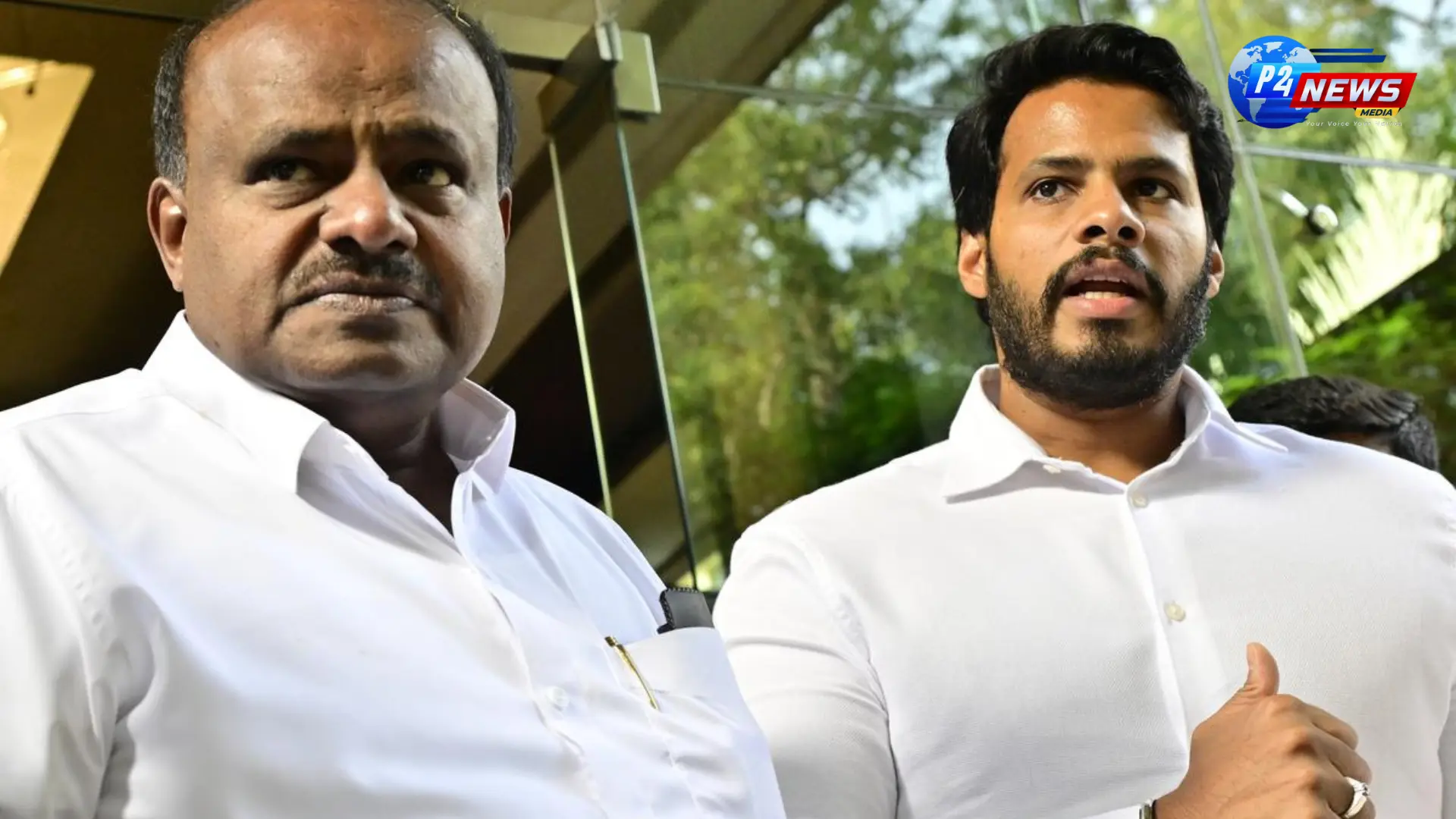Regional political parties in Kashmir have rallied behind the National Conference's (NC) initiative for reinstating the special status and constitutional safeguards of Jammu and Kashmir. However, there are expressed reservations regarding the resolution's clarity and specificity.
Support for NC's Special Status Initiative
In Jammu and Kashmir, various regional political factions have shown their solidarity with the National Conference's (NC) resolution that seeks to restore the special status and the constitutional protections previously enjoyed by the region. Nonetheless, there are significant concerns regarding the resolution’s clarity and precise language.
Concerns Over Ambiguity
Detractors have pointed out that the NC’s approach seems to lack genuine commitment, branding it a “vague and half-hearted attempt.” Former Chief Minister Mehbooba Mufti has expressed that the resolution primarily conveys ‘concern’ while advocating for dialogue, without taking a firm stand against the decisions made on August 5, 2019, which repealed Jammu and Kashmir’s special status and reorganized it into two union territories.
PDP's Proposal for Enhancements
The People's Democratic Party (PDP) is set to propose revisions aimed at improving the resolution’s articulation. Mufti noted that the PDP's own resolution regarding Article 370, put forward by legislator Waheed ur Rehman Para at the assembly's outset, is more definitive, calling for the complete restoration of Jammu and Kashmir’s special status as it stood prior to 2019.
Call for Clear Opposition
Para commented, “We initiated this resolution. However, NC’s draft is ambiguous, lacking a condemnation of the decisions taken on August 5, 2019, and does not specify Article 370.” He stressed that the revival of rights is a matter of entitlement and not merely a topic for negotiation.
NC's Resolution Emphasizes Significance
The NC’s resolution, which received approval in the assembly, reaffirmed the vital nature of special status and the constitutional safeguards that uphold the identity, culture, and rights of the Jammu and Kashmir populace, expressing alarm over their unilateral revocation. It also urged the Government of India to engage in dialogue with elected representatives to enable the reinstatement of special status and constitutional provisions.
Criticism from People’s Conference
Sajad Lone from the People’s Conference has critiqued the resolution’s wording, suggesting that it may lead to various interpretations. He implored legislators to clearly articulate their opposition to the decisions made on August 5, 2019, emphasizing that the assembly’s sentiment should reflect the necessity to revert Jammu and Kashmir to its prior status.
Awami Ittehad Party's Stance
Khursheed Ahmad Sheikh, a member of the Awami Ittehad Party (AIP), identified major omissions in the resolution, especially the lack of direct references to Articles 370 and 35A. He reiterated that the AIP firmly supports the total restoration of these articles, fundamental to the identity and autonomy of Jammu and Kashmir. Sheikh urged the NC to stand by its commitments with a clear position, asserting that these provisions are crucial to the region’s identity.
Trump's Agenda and H-1B Visa Regulations
Experts are forecasting potential changes to the H-1B visa program due to the former President Donald Trump's “America First” agenda, which could tighten regulations surrounding the hiring of foreign workers in specialized fields. This shift may greatly influence the landscape for overseas professionals seeking opportunities in the U.S.
Implications for Foreign Professionals
The tightening of H-1B visa requirements may have significant consequences for foreign workers aspiring to work in the United States. Such alterations could lead to a decrease in the number of visas granted, creating greater difficulties for companies trying to recruit skilled talent.
Industry Concerns on Innovation
Leaders within various industries have voiced worries that stricter regulations on the H-1B program could stifle innovation and reduce competitiveness in the U.S. job market. Countless firms depend on H-1B visa holders for their expertise in crucial sectors like technology and engineering, and limitations on these visas could result in a shortage of essential talent.
Political Climate and Future Perspectives
As the political landscape continues to change, the fate of the H-1B visa program remains ambiguous. Analysts are poised to keep a close watch on policy alterations that may emerge from ongoing debates concerning immigration and labor laws in the United States.
Conclusion: A Transformative Potential
The ramifications of Trump's immigration agenda on H-1B visa regulations could redefine the circumstances for foreign professionals and U.S. enterprises, potentially ushering in a more restrictive scenario for skilled migration.
















Comments 0